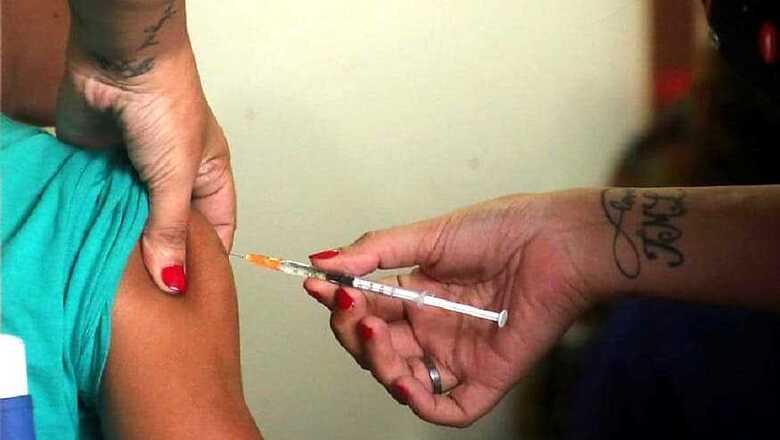
views
New Delhi: India has the "biggest success story" amongst malaria endemic countries in the world as malaria cases and deaths have come down by almost half in 2017 respectively as compared to 2013, an official statement said on Wednesday.
Also, there has been a decline in maternal mortality ratio (MMR) and under-five mortality rate (U5MR) since 2005 and at the current pace, India should be able to achieve the Sustainable Development Goals (SDG) targets much before 2030, an official statement said.
The Cabinet on Wednesday reviewed the progress under the National Health Mission.
"There has been acceleration in the decline of maternal mortality ratio (MMR), under-five mortality rate (U5MR) and infant mortality rate (IMR) since the launch of the NRHM/NHM 2005-2013.
"At the current rate of decline, India should be able to reach its SDG target (MMR-70, U5MR-25) much before the due year of 2030," the official statement said.
The under-five mortality rate (deaths per 1000 live births) declined from 69 per 1,000 live births in 2008 to 37 per 1,000 live births in 2017.
During the same period, infant mortality rate (number of deaths per 1,000 live births of children under one year of age) at national level declined from 53 to 33.
The maternal mortality ratio (MMR) dropped from 254 maternal deaths per 100,000 live births in 2004 to 130 per 100,000 live births in 2016.
Under the SDG, the world has committed to trying to bring MMR to 70 deaths per 100,000 live births by 2030 and the under-five mortality rate to 25 deaths per 1,000 live births.
According to the statement, India has the "biggest success story" amongst malaria endemic countries in the world in bringing down malaria cases and deaths, which have declined by 49.09 per cent and 50.52 per cent in 2013 respectively, compared to 2017.
It said the Revised National Tuberculosis Control Programme (RNTCP) has been significantly strengthened and intensified.
A total of 1,180 cartridge-based nucleic acid amplification test (CBNAAT) machines across all districts have been installed, which provides rapid and accurate diagnosis for tuberculosis, including drug resistant TB.
This has resulted in a three-fold increased use of CBNAAT over the past year, the statement said.
Due to the intensified efforts, there is a 16 per cent jump in identification of new cases in one year, the Cabinet was apprised.
Universal drug sensitive cases also increased by 54 per cent. Newer drug regimen of Bedaquiline and Delaminide and nutrition support to all the TB patients for the duration of the treatment has been rolled out throughout the country, it said.
Last year, Measles-Rubella (MR) vaccination drive was conducted in 17 additional states, thereby covering 30.50 crore children till March this year.
During 2018-19, Rotavirus vaccine (RVV) was introduced in additional two states. Till today, all the states and Union Territories are covered with RVV, the Cabinet was apprised.




















Comments
0 comment